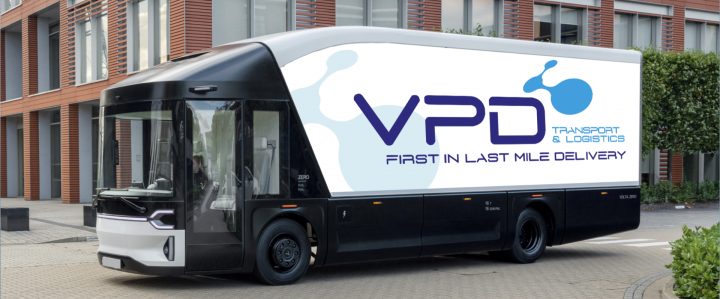SMMT released its second quarter registration figures for the HGV, Bus and Coach sectors, and mixed signals could be found.
The UK new bus and coach market grew slightly by 0.6% to 1,066 units, with the good news that single-deck buses were up 65.3%, while double deckers – which represent a greater share of the market – fell by -24.9%.
While ridership levels have gradually been improving since the end of lockdowns, they remain below the levels seen before the pandemic and lockdown periods, knocking the confidence of operators to invest in their fleets. Hence, bus and coach registrations are -46.4% down on the pre-pandemic five-year average.
Although around £270 million of Zero Emission Bus Regional Areas (ZEBRA) funding has been announced since last autumn, it is not yet being reflected in registrations.
The sector already currently exceeds the car sector in its embrace of zero emission technology. However, we need continued bus fleet renewal at pace, in all regions of the UK, if we are going to achieve our ambitious Net Zero goals with low emission, affordable mass mobility.
HGV registrations also saw slight growth at 0.4% to 9,533 units, in the best Q2 since 2019 amid robust UK demand this year, particularly for articulated trucks and tractors.
Inevitably at present, global shortages of semiconductors and raw materials such as steel and aluminium are constraining order delivery, with the market -29.5% down on pre-pandemic 2019.
While this is not likely to change in the short term, growing appetite from operators to invest in low emission trucks is a silver lining, and there are new opportunities to do so.
UK-registered organisations can apply for a share of up to £140 million to demonstrate battery electric trucks via a Zero Emission Road Freight funding competition for demonstrations.
The aim is to kick-start the deployment of long haul zero emission HGVs, with a multi-year demonstration of 40-44T battery electric trucks.

